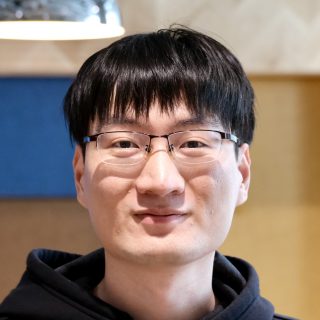About the Research
Research Theme
Deep Learning on Graphs, Data Wrangling on Chemo/Bioinformatics, Information Retrieval
Keyword
Research Outline
The ultimate goal of modern drug discovery is to find the target molecules with desired chemical properties, while the potential chemical space of drug-like compounds is 10 to the 60th power.
Due to surprising success of deep neural network (DNN) models these days, two categories of representations used in DNN-based models emerge in the drug discovery domain.
(1) simplified molecular input line entry system (SMILES) strings representation. Several early works were proposed to learn the SMILES grammar using RNN architectures and then generate corresponding SMILES strings from the trained models. These methods have limitations to learning the unrelated grammar and thus have low chemical validity from generated SMILES. A recent trend is (2) undirected labeled graph representation. It is more natural to learn the original graph structure by using graph neural networks (GNNs). This representation can easily achieve higher chemical validity. In my research, I adopt the graph-based representation along with GNN models as our generative models to assist drug discovery process.
Before I joined ICReDD, my research focused on developing database indexing and mining algorithms on query autocompletion towards databases. I studied several fundamental problems of query suggestion in recommendation systems and deliver high quality suggestions in an effcient way.
Representative Research Achievements
- Edit-Aware Generative Molecular Graph Autocompletion for Scaffold Input
S. Hu, I. Takigawa, C. Xiao, DLG, 2022.
The Seventh International Workshop on Deep Learning on Graphs (DLG@AAAI’22 Workshop) - Autocompletion for Prefix-Abbreviated Input
S. Hu, C. Xiao, J. Qin, Y. Ishikawa, Q. Ma, SIGMOD, 2019, 211–228
DOI: 10.1145/3299869.3319858 - Efficient Query Autocompletion with Edit Distance-based Error Tolerance
C. Xiao, J. Qin, S. Hu, W. Wang, Y. Ishikawa, K. Tsuda, K. Sadakane, The VLDB Journal, 2019.
DOI: 10.1007/s00778-019-00595-4 - Scope-aware Code Completion with Discriminative Modeling
S. Hu, C. Xiao, Y. Ishikawa, , IPSJ JIP, 2019.
DOI: 10.2197/ipsjjip.27.469 - An Efficient Algorithm for Location-Aware Query Autocompletion
S. Hu, C. Xiao, Y. Ishikawa, IEICE Trans. on Information and Systems, 2018.
DOI: 10.1587/transinf.2017EDP7152
Related Research
- Press Release Getting sticky: the highest-performing underwater adhesive hydrogel polymer
- Press Release Surpassing the human eye: machine learning image analysis rapidly determines chemical mixture composition
Publications
2025
-
Data-Driven De Novo Design of Super-Adhesive Hydrogels
, S. Hu, H. Yang, L. Wang, S. Tanaka, I. Takigawa, W. Li, H. Fan, J. Gong, Nature, 2025, 644, pages89–95
DOI: 10.1038/s41586-025-09269-4
2023
-
Machine Learning-Based Analysis of Molar and Enantiomeric Ratios and Reaction Yields Using Images of Solid Mixtures
, H. Shirakura, T. Sano, M. Murugavel, Y. Inaba, S. Hu, I. Takigawa, Y. Inokuma, Industrial & Engineering Chemistry Research, 2023, 62, 35, 13790–13798
DOI: 10.1021/acs.iecr.3c01882






